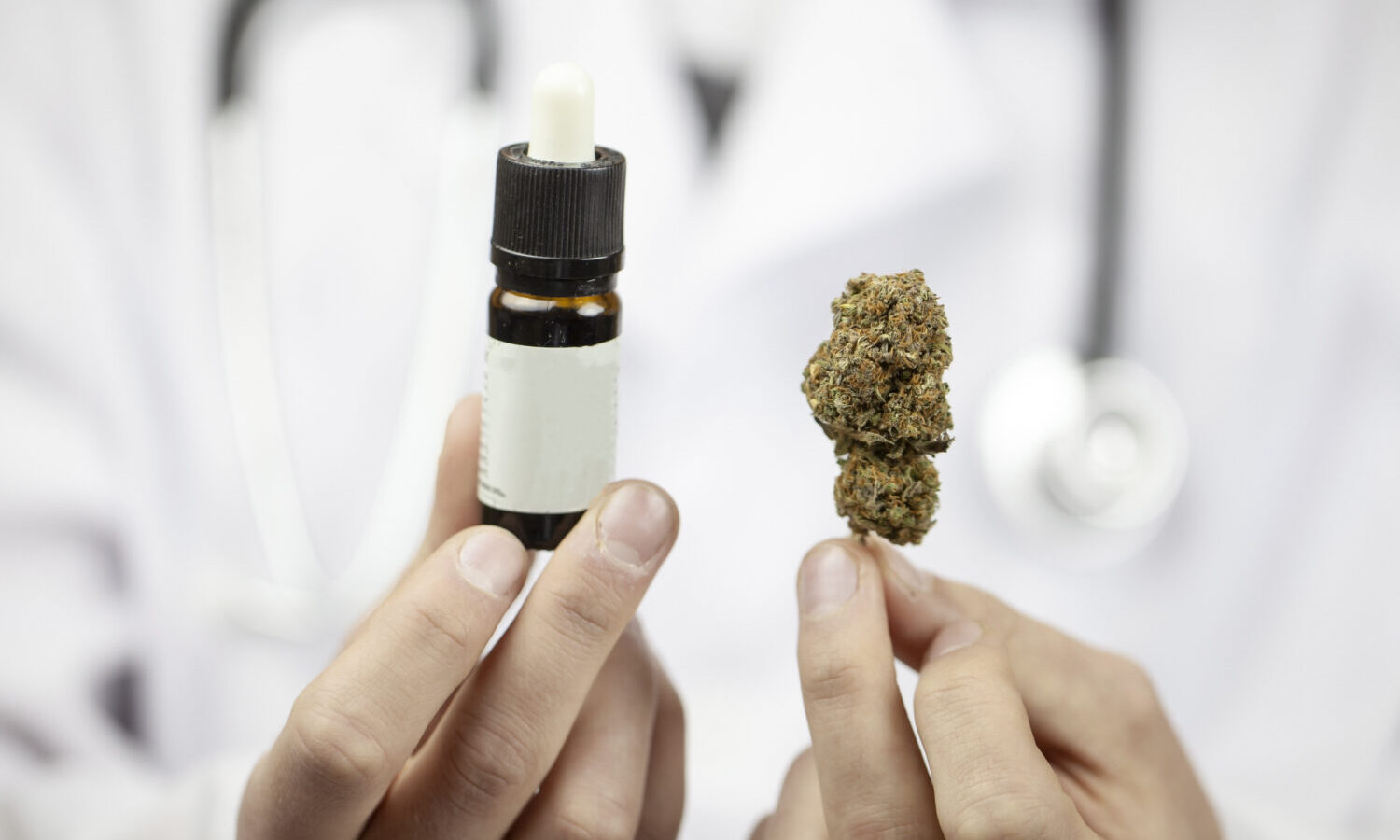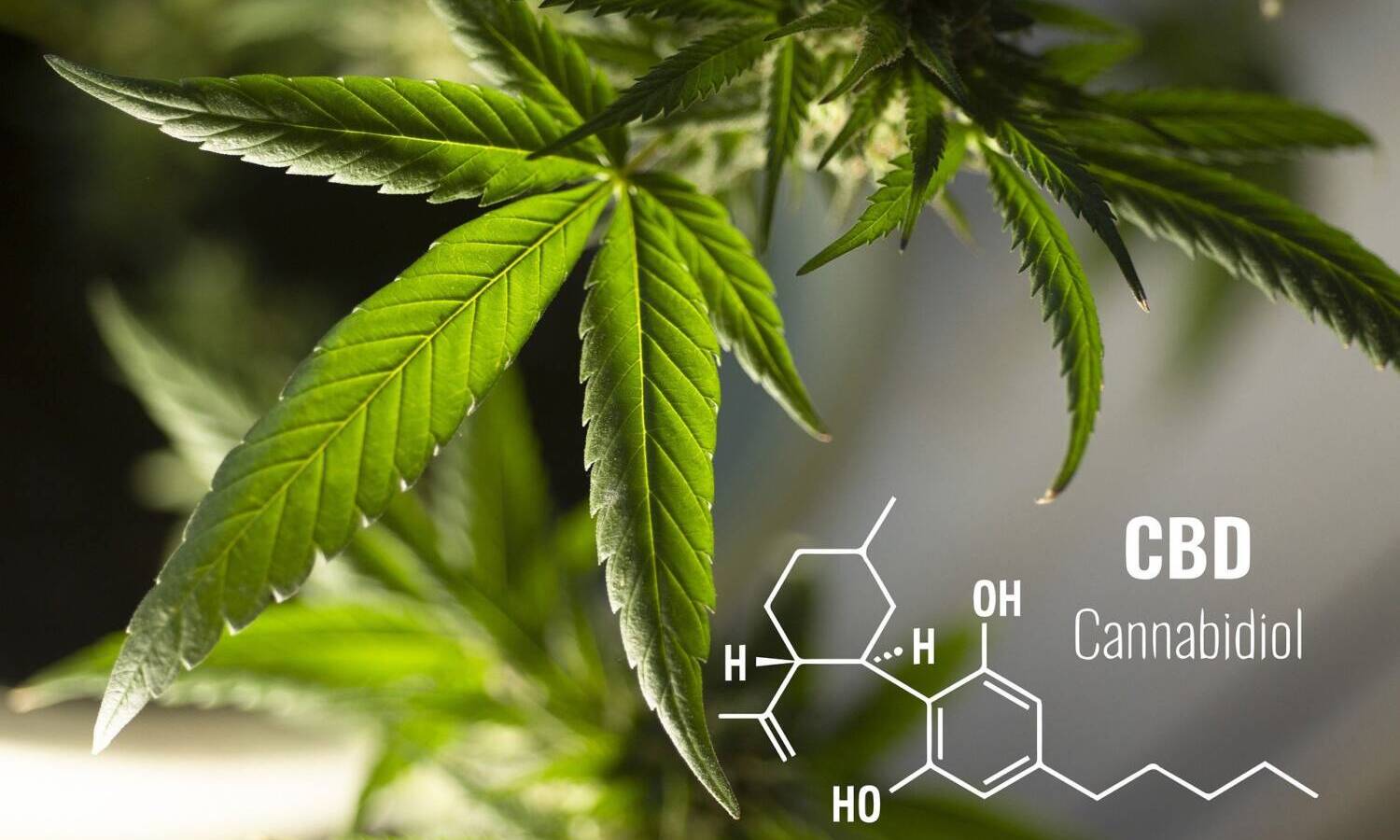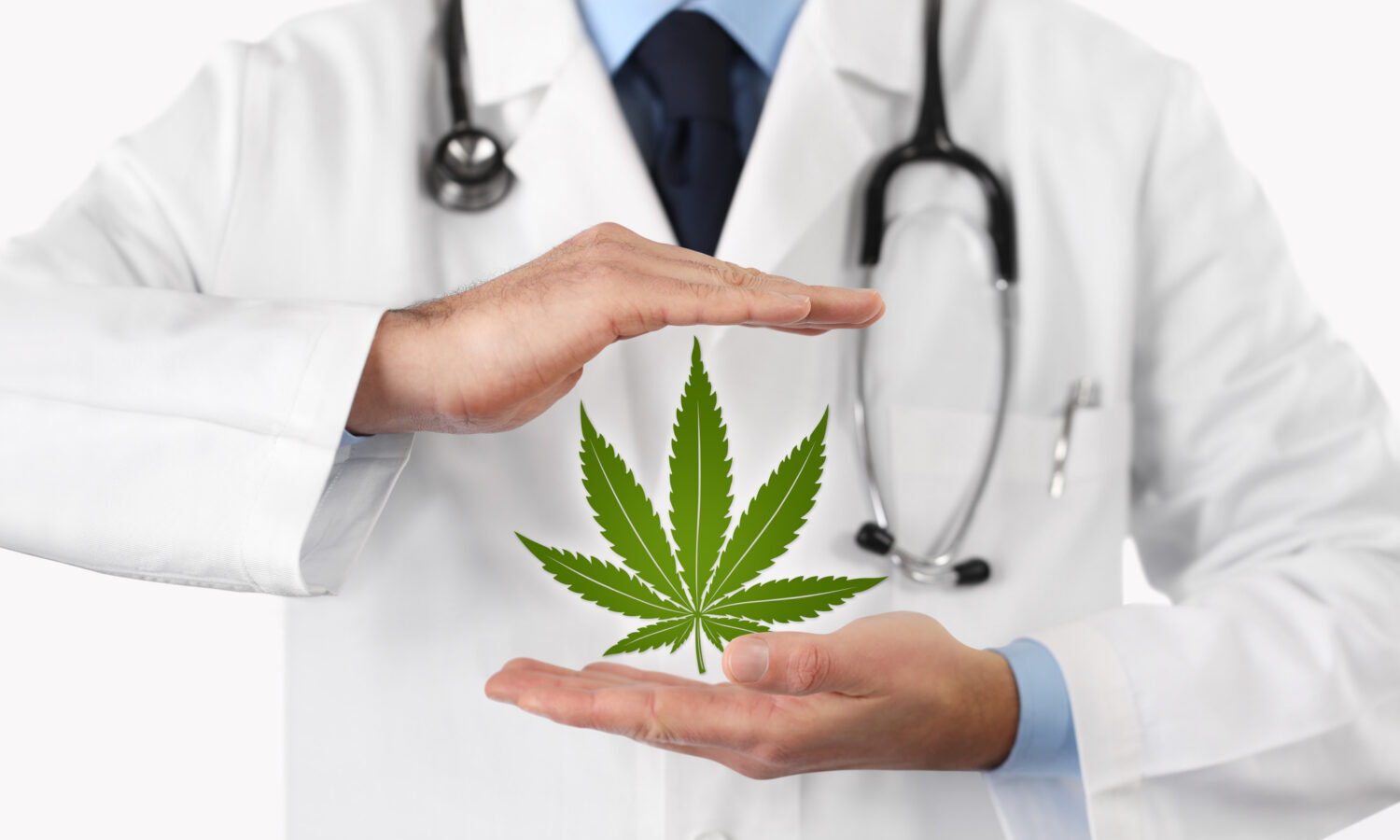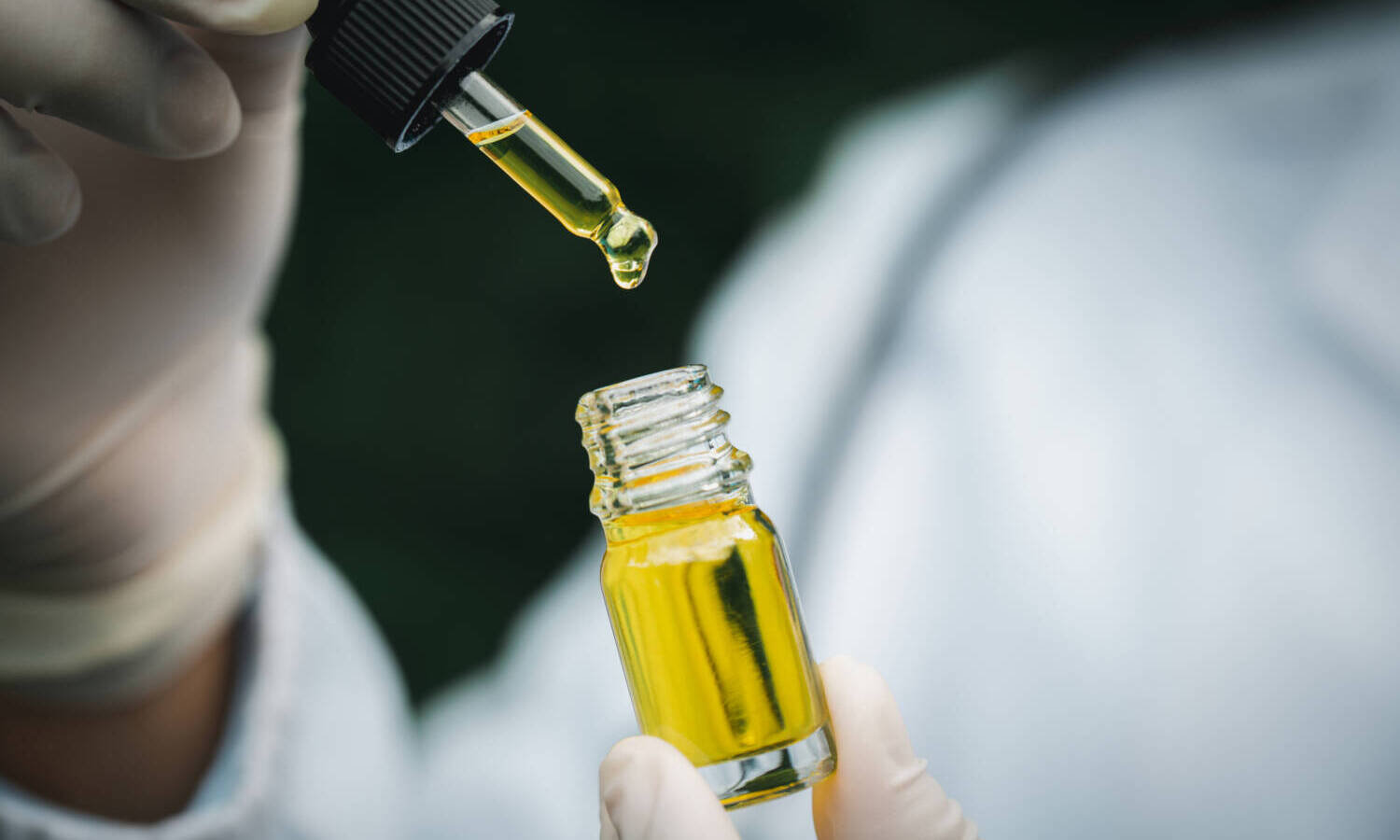According to researchers, “CBD may be an effective option for Asian patients with refractory epilepsy, regardless of diagnosis or seizure type.”
A recently published Japanese study has yet again demonstrated CBD’s potential in epilepsy. This is the first study of this nature to be conducted in the Asian population and has thus confirmed the benefits of CBD-based medications for treating severe forms of epilepsy.
The researchers administered questionnaires to 38 patients with intractable forms of epilepsy who were on CBD as a form of medication. The participants responded to questions regarding their demographics, medical history, diagnosis and type of seizure, CBD use, and adverse events related to CBD use.
They also reported on changes observed after medicating on CBD such as seizure frequency and intensity, effect on sleep, need for and dosage of supplemental anti-seizure medications, and quality of life. A total of 28 patients responded to the questionnaire.

Promising Results for CBD Use in Epilepsy
The median intake for CBD was 12.0 mg/kg/day. Nine patients experienced some adverse effects, but they were mild and did not lead to discontinuation of the CBD treatment. Fifteen patients (over 50%) experienced a decrease in the frequency of seizures while two became seizure-free while taking CBD. No correlation was observed between the diagnosis or type of seizure and the efficacy of the CBD treatment. The researchers hence concluded that:
According to researchers, “CBD may be an effective option for Asian patients with refractory epilepsy, regardless of diagnosis or seizure type.”
Here are a few things to note about intractable epilepsy and using CBD as a cure.
What Is Intractable Epilepsy?
Epilepsy is a disorder of the brain that is associated with frequent seizures that occur when clusters of damaged neurons (brain cells) fire abnormal electric signals. This usually results in strong and uncontrollable muscle spasms that may result in loss of consciousness. Epileptic seizures are usually treated using antiepileptic drugs that include sodium valproate, lamotrigine, and carbamazepine among others.
RELATED: Whole Plant Medicinal Cannabis Could Be More Effective Than CBD In Epilepsy Treatment
Unfortunately, these medications cause serious side effects when they are used for prolonged durations. As may be required of epilepsy patients. About 20% of epilepsies fail to respond to anti epilepsy medications and are hence referred to as refractory or intractable forms.
FDA Approves Epidiolex
In 2018, a drug known as Epidiolex was approved by the food and drug administration (FDA) to treat severe forms of drug-resistant epilepsy, specifically Dravet syndrome and Lennox Gastaut syndrome. This drug was created and patented by GW Pharmaceuticals and has been approved for the treatment of Lennox-Gastaut syndrome, Dravet’s syndrome, and seizures related to tuberous sclerosis complex.

CBD for Lennox-Gastaut syndrome
Lennox-Gastaut is a severe form of epilepsy that usually affects less than 5% of children. Some children suffering from this form of epilepsy experience up to 300 seizures in a day. Clinical trials have demonstrated the safety and efficacy of CBD in Lennox-Gastaut where drop seizures were reduced by 48%-71% while total seizures were reduced by 48%-68%.
CBD for Dravet Syndrome
Dravets syndrome is a very rare type of intractable epilepsy that has been linked to a genetic mutation (SCN1A mutation). A 2017 trial demonstrated the suitability of CBD in managing Dravet’s syndrome seizure attacks.
Does CBD for Seizures Cause Any Side Effects?
A majority of people, including children, are able to tolerate CBD quite well. When side effects are observed they are usually mild and do not necessitate discontinuation of CBD treatment. These include:
- GI symptoms
- Drowsiness
- Diarrhea
- Fatigue
- Low appetite
- Low blood pressure
RELATED: Asian Americans Embracing Marijuana Legalization Despite Cultural Hurdles

What Is the Right Dosage of CBD for Epilepsy?
From clinical studies, it appears that a dosage of 5-6mg/kg/day is effective at managing severe seizure disorders in children. A physician may, however, choose to adjust the dosage accordingly, depending on the patient’s physiological characteristics, severity of the seizures, and response to treatment. The recommended Epidiolex dosage is 5mg/kg/day or 2.5mg/kg administered twice daily.
Does CBD Interact With Epilepsy Medications?
Yes, CBD interacts with some epilepsy medications including sodium valproate and clobazam. Before you start medicating on CBD, it is advisable to consult your pharmacist and let them advise you on a route that’s most suitable for you.
This article originally appeared on MyCannabis.com and has been reposted with permission.


